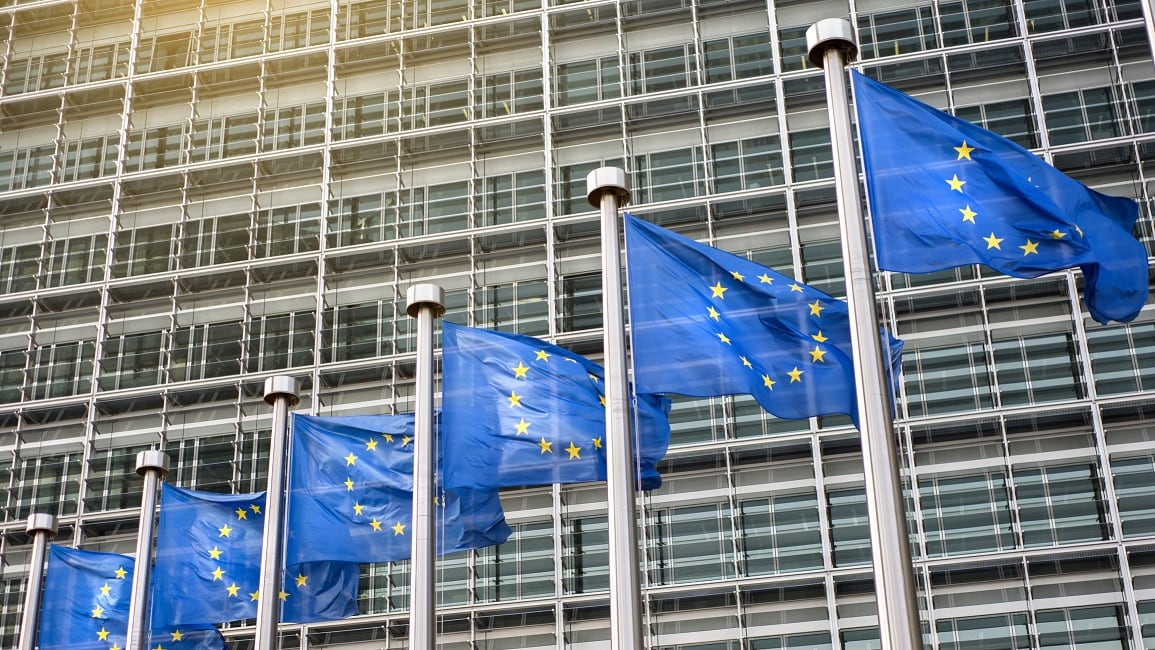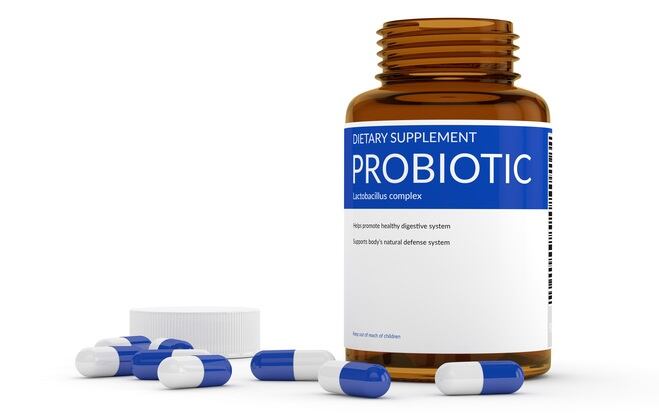In a meeting held at the end of January 2021, the Danish Minister for Food, Agriculture and Fisheries, Rasmus Prehn, expressed his administration’s intention to work towards the acceptance of the word “probiotic” on the labels of food products marketed in the country.
This move is aligned with Spain’s decision to authorise the use of the term, announced back in April 2020, after the country's authorities recognised that the lack of harmony between EU member states was incongruous with the Mutual Recognition principle.
Mr. Prehn announced that the Danish Ministry will contact Spain’s and other EU countries’ authorities in the coming months, aiming at changing the regulation at the EU level. A public recording (in Danish) of the meeting is available.
During NutraIngredients' virtual Probiota event earlier this month, Dr Luis Gosalbez, managing director at the Spanish business development consultancy Sandwalk BioVentures, revealed the results of his company's recent survey which found that seven EU Member States (namely Spain, Italy, Greece, Bulgaria, Poland, the Czech Republic and Malta) are friendly towards use of the term “probiotic” on food labels, subject to different conditions.
If Denmark changes its stance, Dr Gosalbez says this would mean that 30% of EU countries would be allowing use of the term.
He told NutraIngredients: "We believe Spain's decision to allow the use of the term "probiotic" less than a year ago has given more visibility to a problem that has been there for a long time - and may have also triggered a bit of a domino effect.
"We particularly support Denmark's intention to engage in conversations with other Member States and EU authorities. We believe a dialogue between all stakeholders is required in order to unlock the situation and harmonize criteria. This situation in which you can find "probiotics" in some EU countries, whereas you cannot find them in others, does not make a lot of sense and does not effectively protect or inform consumers."
He points out that the rise of e-commerce has probably helped to bring the lack of mutuality of the legislation into the spotlight.
"One can legally buy a “probiotic” product from a website based in a country in which the term is allowed, the same way one could go to a physical pharmacy in that country and just grab the box from the shelf and go back home.
"E-commerce has changed the rules of everything, and we are supportive of adapting while ensuring regulations are in place and enforced, rather than restricting in a way that, as I said, does not help the industry, consumers or authorities."
George Paraskevakos, executive director at IPA, points out that Italy and Spain make up almost 45% of the probiotic supplement market from EU members states. While Denmark only adds an additional 1% to that figure, the country really shines through in the research and innovation department with some 'very important companies' conducting cutting edge research.
He agrees that the growing online market has helped to bring the EU legislation under scrutiny, noting Lumina Intelligence data which shows that $108 million of probiotics were bought online by consumers in the EU (excluding UK) in 2019 with nearly 80% including health claims on pack or on their website.
"With today’s information highway being a few fingertip touches away on the smart phone, consumers are much more informed and more intelligent when it comes to probiotics and the benefits they provide.
"Europe cannot disregard the consumer need, which has become even more important in this preventative life approach to health and safety people are switching too.
"Consumers are adapting - including into their everyday foods and other supplement products which will help strengthen this defense and bolster the immune system approach - probiotics definitely fit into this.
"Oversight from a regulatory perspective is a must for any authority, after all consumer safety is priority one for any government, but imposing the type of regulations on a category with a very long history of safe use and such a low level of risk makes no sense.
"I am hoping the pan EU powers rethink their position as we are starting to see member states refocus their positions."



